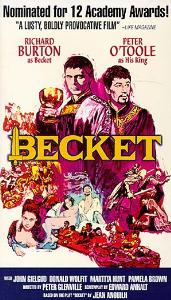As
the Parliamentarians are busy with their coal business, the news of
vidharba farmers committing suicide has gone unnoticed. Th e
architect of liberalization may be guilty of many acts ,but the
biggest curse of liberalization is the mass suicide of farmers.
There
are many deprived communities in India, atrocities are committed
against dalits, women, children and many others, there are solutions
being sought, agitations being held with many NGOs in forefront but
to me the problem of farmers suicide baffles for want of solution.
Since the beginning of liberalization more than one lakh farmers have
committed suicide. Is it not a national shame!
When
we sit down to eat our meals we forget that it is that innocent
farmer in some unknown part of our country who has provided us this?
Th e retailers the industrialist make their booty by nicely packaging
the food created with sweat and toil of that faceless farmer! He
remains among the most insecure person , he does not have the city
support which our industrial workers get. There are no unions for him
, he has to fend for himself alone.
Things
have not changed since the time of Premchand who depicted so deeply
the pathos of farmers in 'GODAN' and many other short stories. But
what is shocking is the rate of suicide! During the pre
liberalization days the state of farmers was the same but they never
committed suicide , now the lure of making fast money gets them in
debt trap, specially when crops fail.
What
then is the solution ? To me collective farming is one way out, I
know that there is this tremendous attachment of farmers with their
land and that must continue to be so , but the district
administration must provide free seeds, fertilizer etc, the profit
could be shared and in case of failure of crops the farmers do not
have to pay to anyone, the profits may be less but the security will
be there. Collective farming though was forced in USSR and the old
soviet bloc but was successful in Israel Cuba, we can try it in
limited way!







